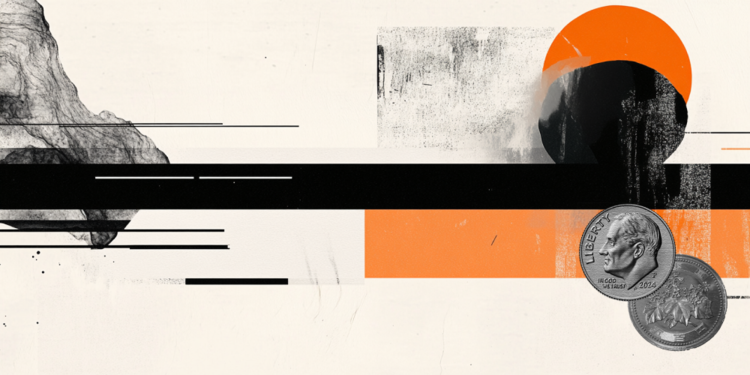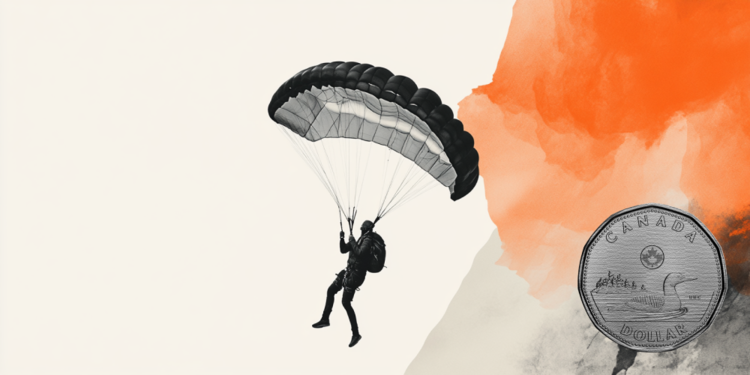Yevgeny Prigozhin the combative head of Russia’s Wagner group, gambled that his mercenaries would raise the Russian flag in the eastern Ukrainian city of Bakhmut, albeit at considerable cost to his staff and likely to his own fortune.
He spent big on recruiting up to 40,000 prisoners to join the fight, but after months of battle and staggering losses, he is struggling to replenish Wagner’s ranks, while accusing Russia’s Ministry of Defense of trying to deplete his strength.
Many analysts feel that the suspicions are well founded – that Russia’s military leader is using Bakhmut’s “meat grinder” to reduce or eliminate him altogether as a political force.
Over the weekend, Prigozhin acknowledged that the battle in Bakhmut was “difficult, very difficult, with the enemy fighting every meter”.
In another video message, he said: “We need the military to protect the approaches. If they succeed, everything will be fine. Otherwise, Wagner will be surrounded along with the Ukrainians inside Bakhmut”.
Just when Prigozhin most needed support from regular Russian forces and a reliable flow of ammunition, neither seems to be available.
Wagner made incremental gains around Bakhmut and now holds the eastern part of the city. But he seems unable to generate enough force to drive Ukrainian forces out of the rest of the city.
The Institute for the Study of War (ISW), based in Washington, assesses that the Minister of Defense, Sergei Shoigu “is likely seizing the opportunity to deliberately expend Wagner and elite forces on Bakhmut in an effort to weaken Prigozhin and derail his ambitions for greater influence in the Kremlin.”
For weeks, Prigozhin and his commanders have complained about inadequate ammunition supplies as they try to encircle and take Bakhmut.
“Russian Defense has been increasingly restricting Prigozhin’s ability to recruit convicts and protect ammunition, forcing him to publicly acknowledge his dependence on the ministry,” according to ISW.
Blaming Prigozhin also helps the Defense Ministry sidestep its own failures, especially around Vuhledar to the south, where regular forces suffered heavy losses.
The Licensed Disruptor
Last year, Prigozhin’s bravado and connections as what might be called Russian President Vladimir Putin’s licensed disruptor allowed him to unlock Russian prisons and promote Wagner as a vital part of the Russian war machine.
At the same time, he doubled down on criticizing Shoigu and the generals for incompetence and corruption. He attacked the handling of the autumn mobilization.
Days after Ukrainian forces humiliated the Russian military in Kharkiv last September, Prigozhin showed up at a Russian prison to shoot a recruitment video.
At times, Prigozhin’s criticisms were even more scathing: he mocked Shoigu’s son-in-law for living in Dubai during. There were also signs that he was making common cause with Russian ultranationalists, who also criticized the conduct of the campaign.
But Shoigu – defense minister for more than a decade – is a shrewd operator. He planned changes in the high command that deprived Prigozhin of allies and promoted generals that Prigozhin had criticized.
Many analysts saw Shoigu as responsible for the sudden revelation in February that Wagner was ending prison recruitment. Now the leader of the group seems isolated.
He was forced to push his best fighters into battle for Bakhmut, leading ISW to assume that the defense ministry was using Wagner “to bear the brunt of high-intensity urban warfare to take Bakhmut in order to conserve Russian conventional forces” .
There is a growing bitterness about Prigozhin’s voluminous social media output.
Ee was asked about a Russian commander he was with in Bakhmut and described him as “a normal strong Russian”. “These people should run the Russian army – simple, understandable, correct, honest,” he added.
Instead, “unprofessional scoundrels and intriguers crushed these modest guys and began to put pressure and humiliation on them.”
It was yet another barb directed at the establishment. But Moscow’s elite seem to sense that Prigozhin is hurt.
the commentator Alexei Mukhin , a member of the Kremlin-linked Valdai Club think tank, accused Prigozhin in a Telegram post of having political ambitions — even a penchant for the presidency. That would amount to heresy in Putin’s Russia.
Mukhin also claimed that Prigozhin was an incompetent commander trying to camouflage his shortcomings by blaming the military, adding: “He exposed Wagner’s fighters to a great risk of encirclement from the expected counterattack.” Prigozhin retorted: “Since I have no political ambitions, please give us the ammunition.”
Prigozhin may also have been surprised by Ukraine’s determination to fight for Bakhmut.
One Wagner fighter said this week: “They’re fighting for every house, they don’t want to leave, constantly sending in more reserves and fighting fiercely.”
The Ukrainian military seems to have decided to stay in the battle for Bakhmut, and this only increases Prigozhin’s chances.
A Ukrainian soldier said in a television interview on Tuesday: “As long as there is a stable front, as long as there is a stable supply, as long as there is a stable evacuation of the wounded, it is obvious that the city must be held.”
If Wagner is wiped out in an unsuccessful attempt to take Bakhmut, Prigozhin could find himself out in the cold. Writing in The Spectator, Kremlin observer Mark Galeotti says: “Putin is happy to give the political entrepreneurs who revolve around his court a degree of autonomy if they promise results, but he will easily discard them if they don’t deliver.” And Prigozhin staked the farm on Bakhmut
Source: CNN Brasil
Bruce Belcher is a seasoned author with over 5 years of experience in world news. He writes for online news websites and provides in-depth analysis on the world stock market. Bruce is known for his insightful perspectives and commitment to keeping the public informed.







